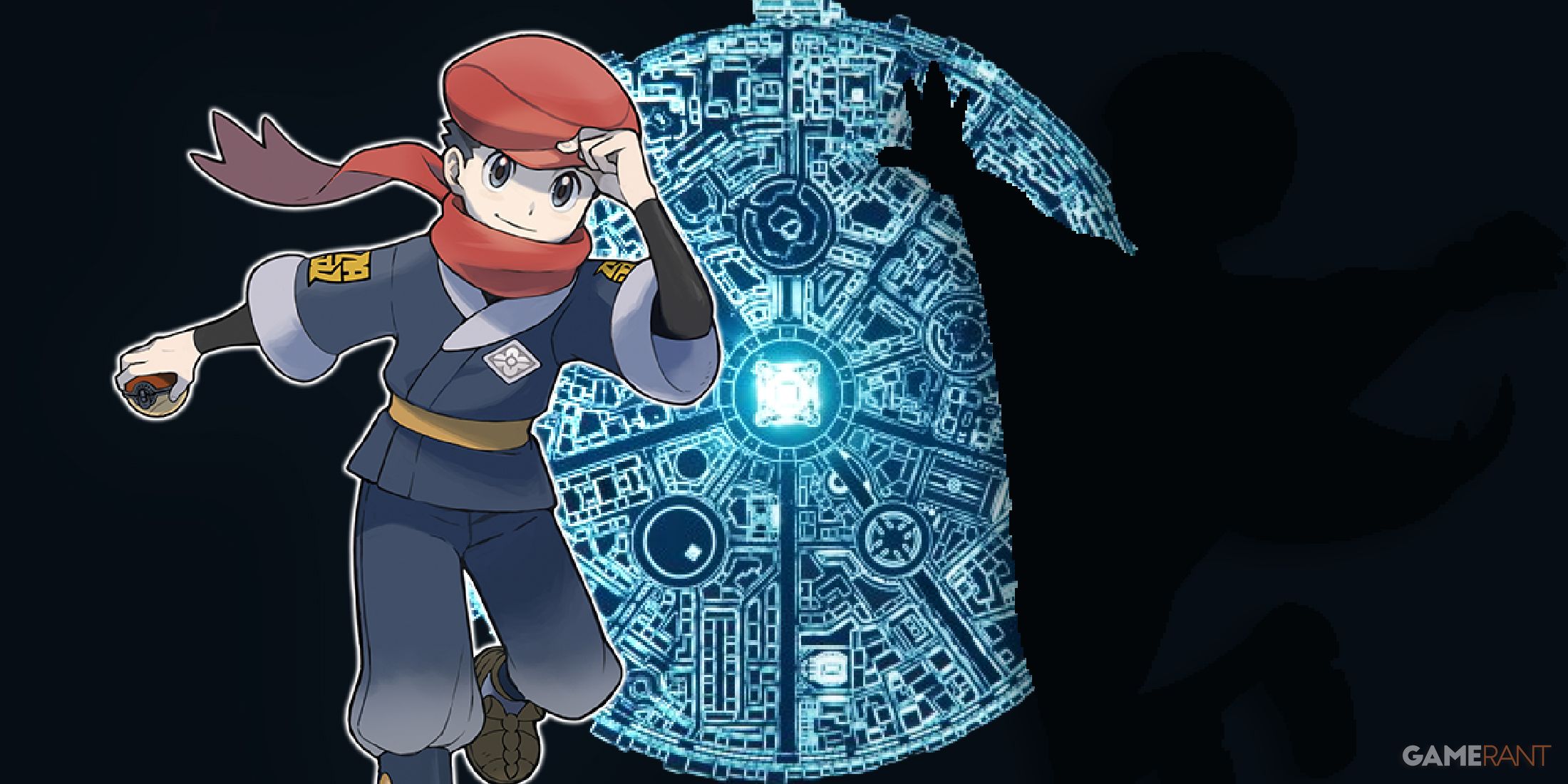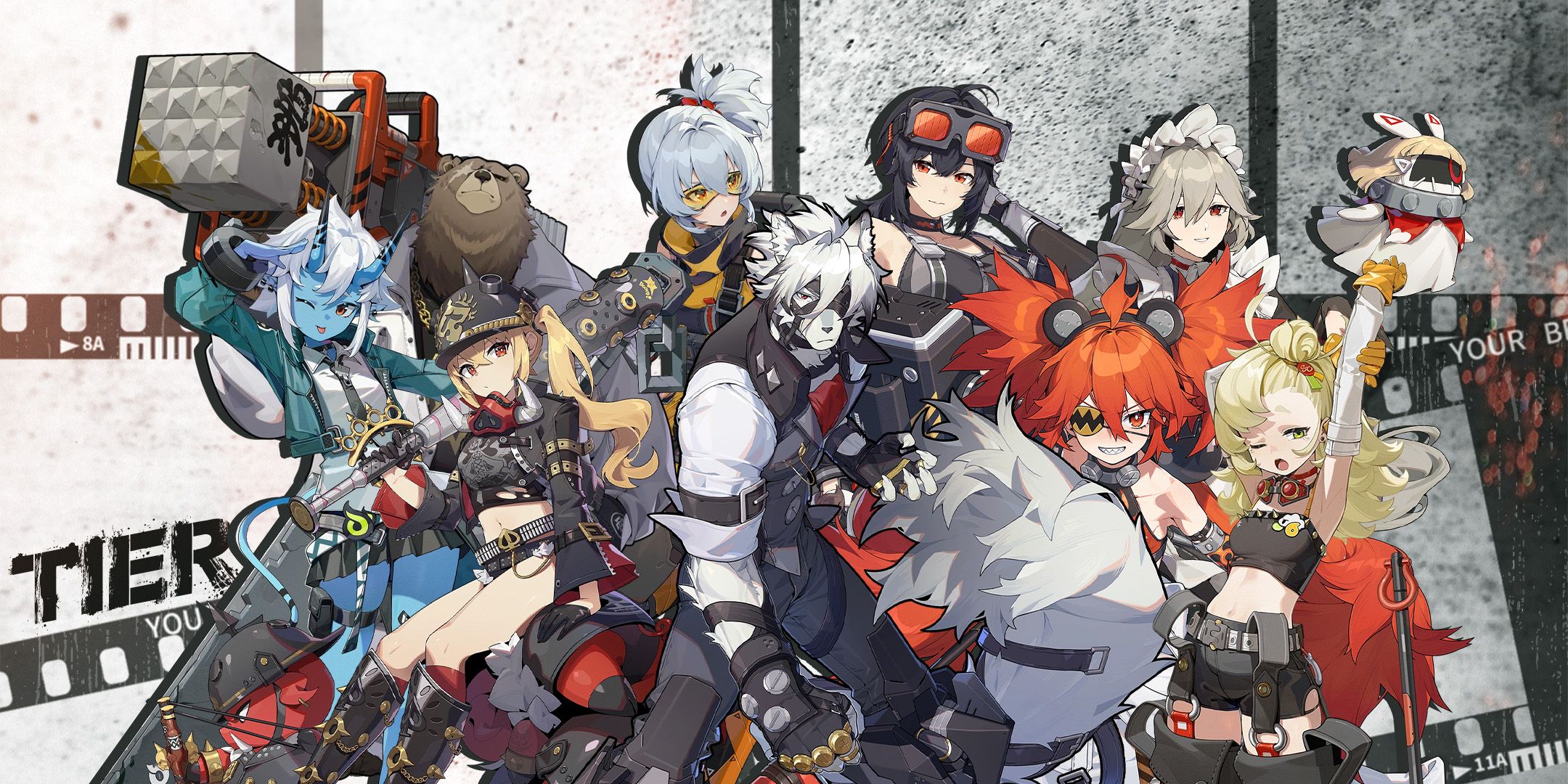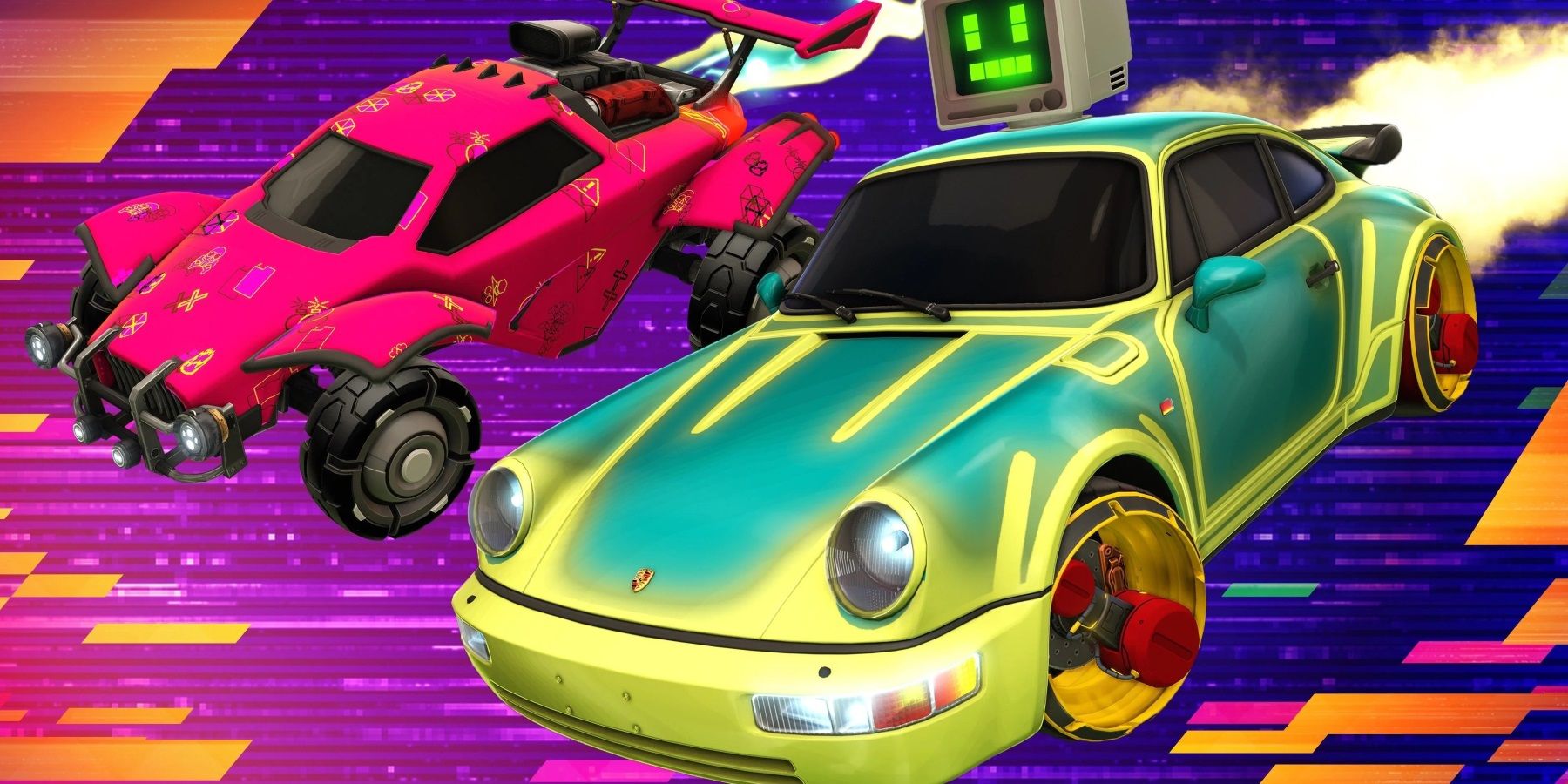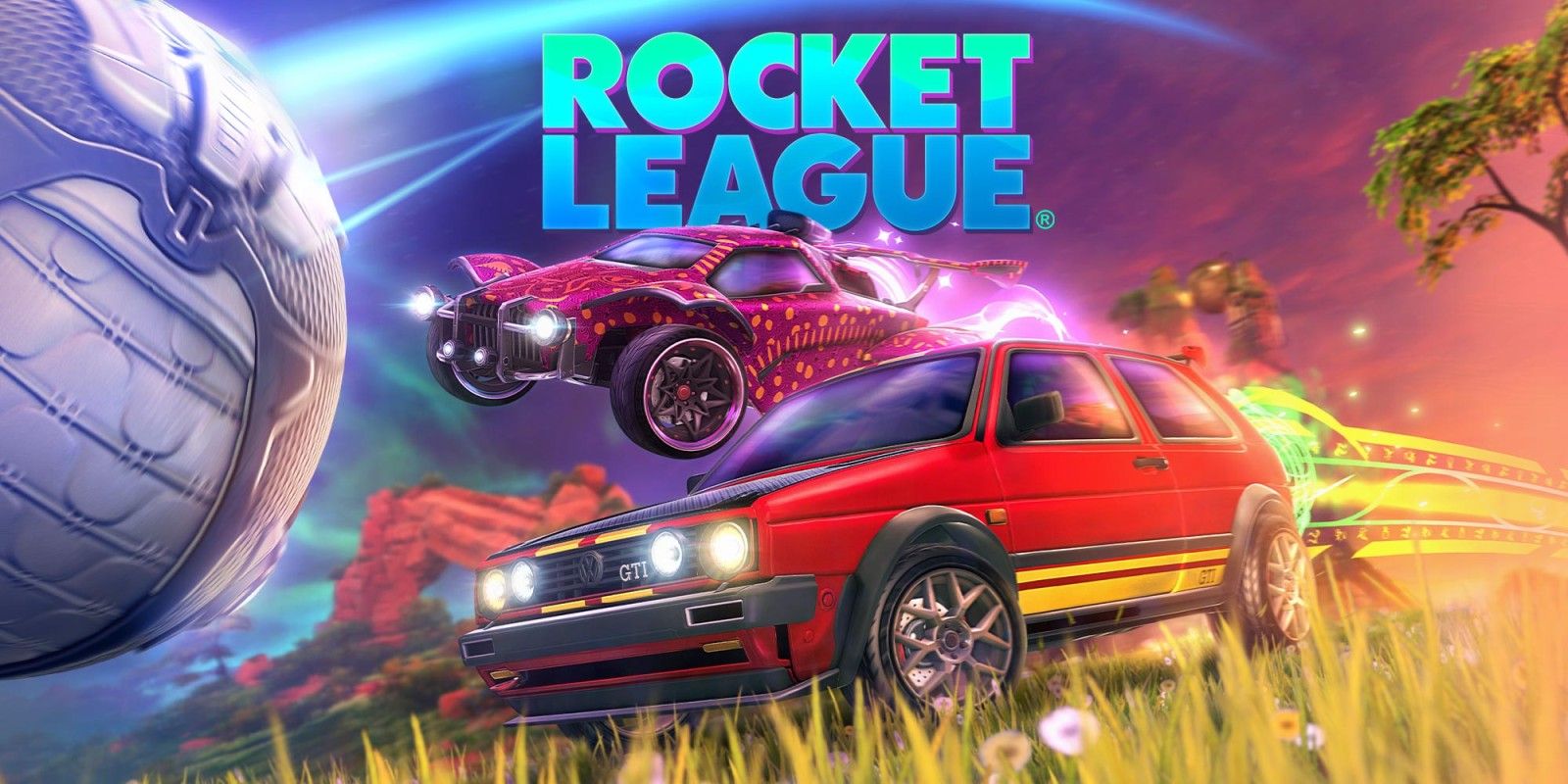Highlights
- Rocket League is removing its player-to-player trading feature in December in compliance with Epic Games' policies, but this opens up potential for cross-game ownership in the future.
- The trade-in system for blueprints and items will still be available, allowing players to trade unwanted items for higher rarity items.
- Despite the removal of trading, Psyonix is actively working on improving the game and considering new features. Seasons will continue with new cars and events.
Rocket League is removing its player-to-player trading feature this December in accordance with Epic Games' cosmetic and item shop policies. Although trading is being removed from the game, Rocket League developer Psyonix notes future plans could bring some new features.
Initially released in July 2015 as the successor to Supersonic Acrobatic Rocket-Powered Battle-Cars, Rocket League quickly became an indie hit for millions of players around the world. PlayStation was crucial for Rocket League's early success since the game was included with PS Plus at no additional cost. In the eight years following its launch, Psyonix would release Rocket League on multiple platforms, and countless updates would bring new content to the game over time. In September 2020, more barriers to entry were removed as Rocket League went free-to-play across all platforms.
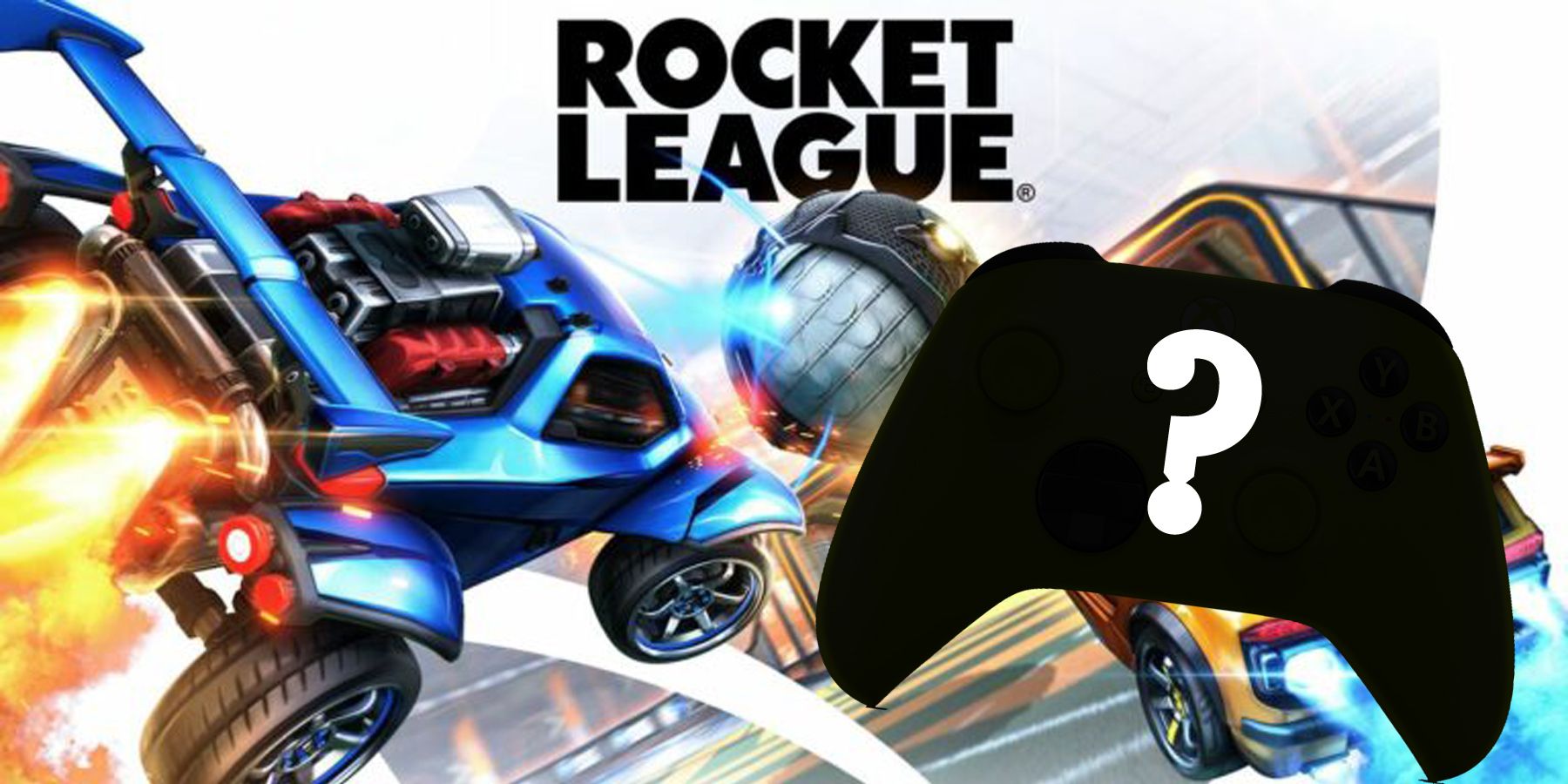
Gamer Makes Wild Custom Rocket League Xbox Controller
One creative Rocket League fan builds a wild custom Xbox controller based on in-game assets as a gift for their friend's birthday.
Psyonix will be removing the player-to-player trading feature from Rocket League on December 5 at 4:00 PM PDT. According to the developer, Rocket League will directly follow Epic Games' policies involving in-game cosmetics and item shops going forward. These policies state that in-game items aren't tradable, transferrable, or sellable between players. Psyonix states that the trading feature's removal opens up future plans for Rocket League vehicles to appear in other Epic Games titles over time with support for cross-game ownership. The developer did not specify which games will support this particular feature, however.
The trade-in system for Rocket League blueprints and items will still remain after the player-to-player trading feature is removed. Rocket League players may continue to trade-in their unwanted items to receive a random new item of higher rarity. Further, Psyonix issued a warning about third-party trading websites since the services will be considered fraudulent after the trading feature's removal on December 5. The Rocket League support team cannot help players reverse trades leading up the deadline either.
The removal of trading in Rocket League may be disappointing for some members of the player base, but Psyonix still has room to improve the game and its existing features, including trade-ins. In addition, Psyonix is already considering new features for Rocket League that could bring exciting opportunities for players. If plans involving cross-game ownership come to fruition, games such as Fall Guys and Fortnite may collaborate with Rocket League in intriguing new ways.
Rocket League Season 13 is expected to begin in early December 2023, so it will likely arrive shortly after the trading feature is removed. Fortunately, players will be able to purchase and unlock new cars in Season 13, and new events will offer enticing rewards over the course of a few months. However, Psyonix may want to consider adjusting some of its plans for future Rocket League seasons in order to combat the dwindling appeal of Battle Pass content.
Rocket League is available on Nintendo Switch, PC, PlayStation 4, PlayStation 5, Xbox One, and Xbox Series X|S.
Source: Psyonix

